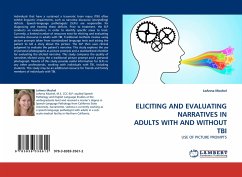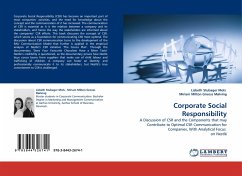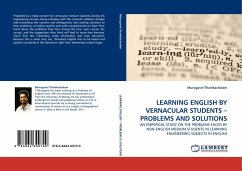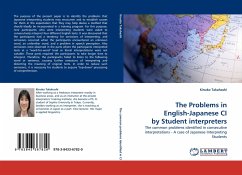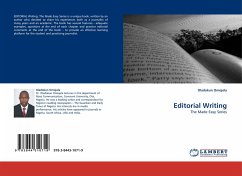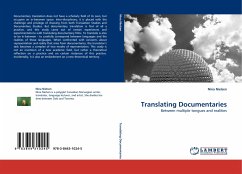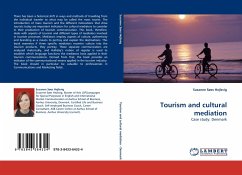Individuals that have a sustained a traumatic brain injury (TBI) often exhibit linguistic impairments, such as narrative discourse (storytelling) deficits. Speech-language pathologists (SLPs) are responsible for diagnosing and treating these deficits. Prior to treatment, the SLP conducts an evaluation, in order to identify specific areas to treat. Currently, a limited number of resources exist for eliciting and evaluating narrative discourse in adults with TBI. Traditional methods involve using picture prompts taken from standardized language tests and asking the patient to tell a story about the picture. The SLP then uses clinical judgment to evaluate the patient's narrative. This study explores the use of personal photographs as picture prompts and a standardized checklist for evaluating the elicited narrative. This study compares the quality of narratives elicited using the a traditional picture prompt and a personal photograph. Results of this study provide useful informationfor SLPs or any other professionals, working with individuals with TBI, including students. This study may be an additional resource for friends and family members of individuals with TBI.
Bitte wählen Sie Ihr Anliegen aus.
Rechnungen
Retourenschein anfordern
Bestellstatus
Storno

